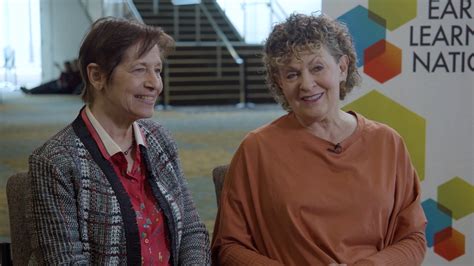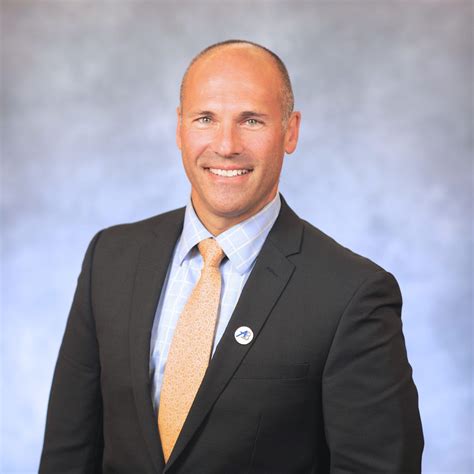A Quote by Leila Janah
We spend billions on international aid annually, but we don't find ways to connect people to dignified work. I realized that if we don't think about ways to harness private capital to solve problems, we're leaving large amounts of money on the table and doing ourselves a disservice.
Related Quotes
I learned from the Macarturos. I had never been at a table with a labor organizer and a playwright and a performance artist and an anthropologist and a human rights lawyer. Usually at most gatherings, it's all writers. But suddenly I was at a table with all these different people and I learned from each of them, learned from the work they're doing, learned new ways to solve my problems.
The complex ways in which we produce and reproduce the world in technologically developed societies involves the ways in which we separate ourselves into public and private persons, producing and consuming persons and so on, and the ways in which we as people negotiate and cope with those divisions. Stars are about all that, and are one of the most significant ways we have for making sense of it all. That is why they matter to us, and why they are worth thinking about.
There's nothing wrong with raising venture capital. Many lean startups are ambitious and are able to deploy large amounts of capital. What differentiates them is their disciplined approach to determining when to spend money: after the fundamental elements of the business model have been empirically validated.
I am not against identity politics or single based issues; at the same time, we need to find ways to connect these singular modes of politics to broader political narratives about democracy so we can recognize their strengths and limitations in building broad-based social movements. In short, we need to find new ways to connect education to the struggle for democracy that is under assault in ways that were unimaginable forty years ago.
This is true in other fields, too, that a legal aid lawyer gets a whole lot less money than a Hollywood lawyer who handles the estates of celebrities. Maybe the legal aid lawyer is doing something better, though, and maybe they're happier. It's not a completely unheard of idea, but I do think we have to remind ourselves at times to look for satisfaction in other ways.
At school, when kids are being encouraged to get the one right answer and fill in that bubble, people can do things that enable their children to solve problems in multiple ways: "Can you think of different ways to make the bed?" It costs nothing, and the child is learning, "I have good ideas, I can be creative, and I can show you that I have confidence."



































